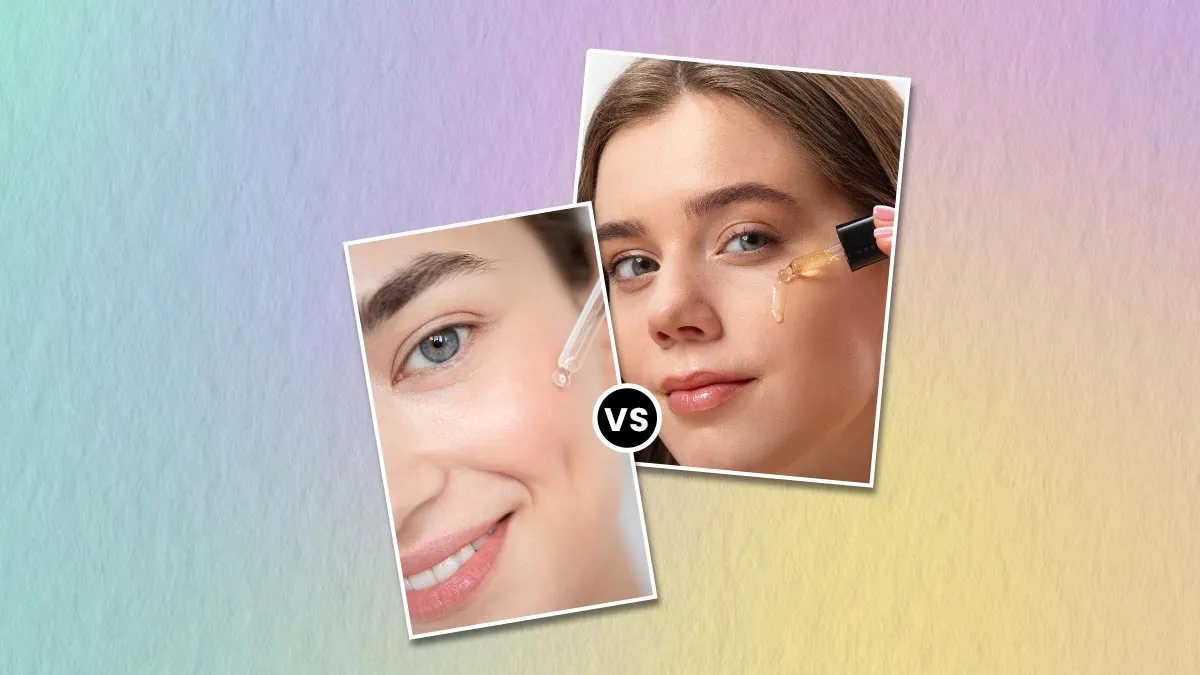
The quest for youthful, radiant skin often begins with a single question: which anti-ageing ingredient should I trust? For years, retinol has reigned supreme as the gold standard in skincare, celebrated for its collagen-boosting and wrinkle-smoothing powers. But recently, a plant-based challenger has entered the ring—bakuchiol—promising similar results without the irritation often associated with retinoids. In this new era of informed beauty, the debate between retinol and bakuchiol is more relevant than ever. Both offer compelling anti-ageing benefits, but which one truly deserves a place in your routine? Here's a closer look. We spoke to Pavneet K Chimni, Director Ceuticoz to understand the difference between the two.
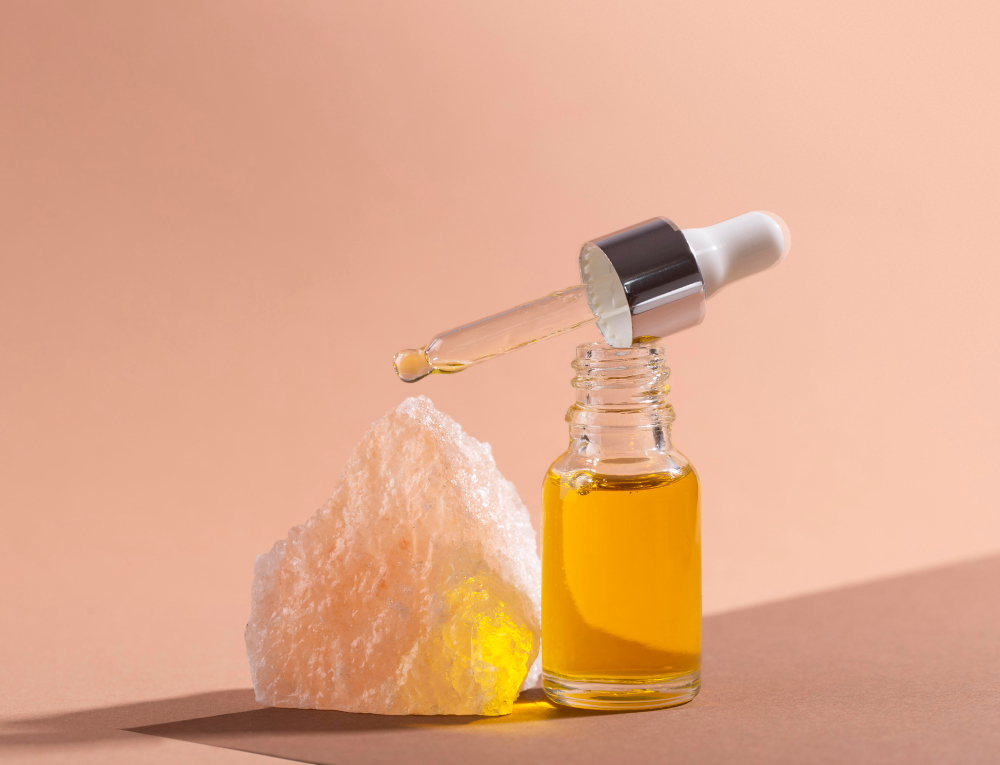
Pavneet highlighted that Retinol, a derivative of vitamin A, has been used in dermatology for decades. Backed by extensive clinical research, it’s renowned for its ability to accelerate cell turnover, stimulate collagen production, and reduce fine lines, pigmentation, and acne. Retinol works deep within the skin, targeting the dermis to restore firmness and even tone.
However, retinol is not without its downsides. It can cause dryness, flaking, redness, and increased sun sensitivity, especially when first introduced. Dermatologists often recommend starting with a lower concentration and gradually building tolerance. It’s also advised to use retinol only at night, paired with sunscreen during the day to protect sensitive skin.
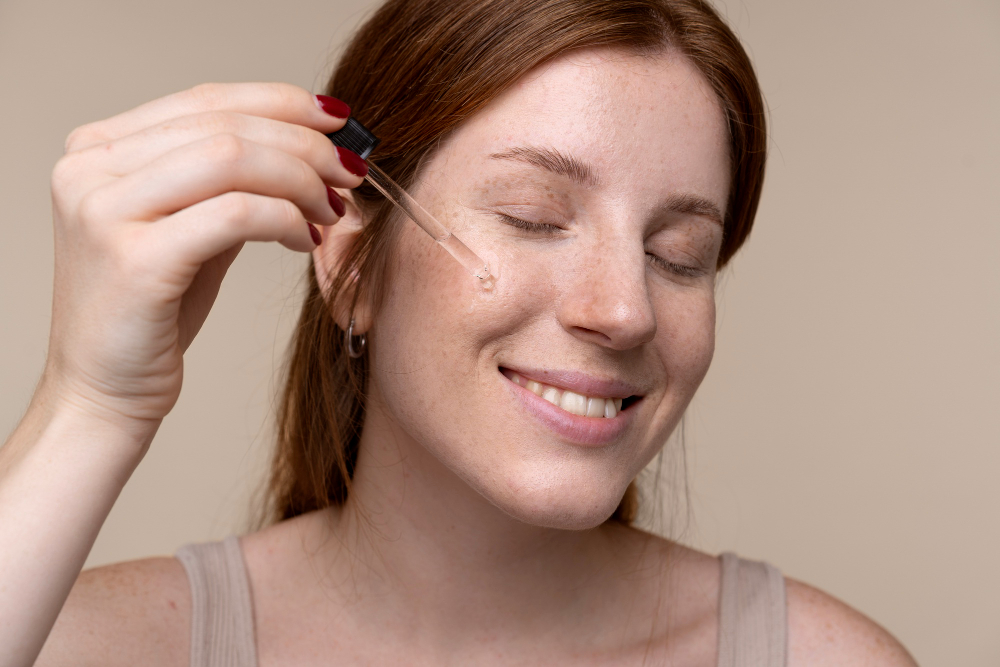
Despite its potential for irritation, retinol remains a cornerstone of evidence-based skincare, particularly for individuals with oily or mature skin seeking visible results over time.
According to Pavneet, Bakuchiol, a plant-derived ingredient hailed as a natural alternative to retinol. Extracted from the seeds of the babchi plant, bakuchiol mimics many of retinol’s benefits—it helps in improving elasticity, softening fine lines, reducing pigmentation, and brightening the skin.
He highlighted that what sets bakuchiol apart is its gentleness. It doesn’t cause the redness or peeling often associated with retinol. It is suitable for all skin types, including sensitive and dry skin, and can be used both day and night, as it does not make the skin photosensitive.
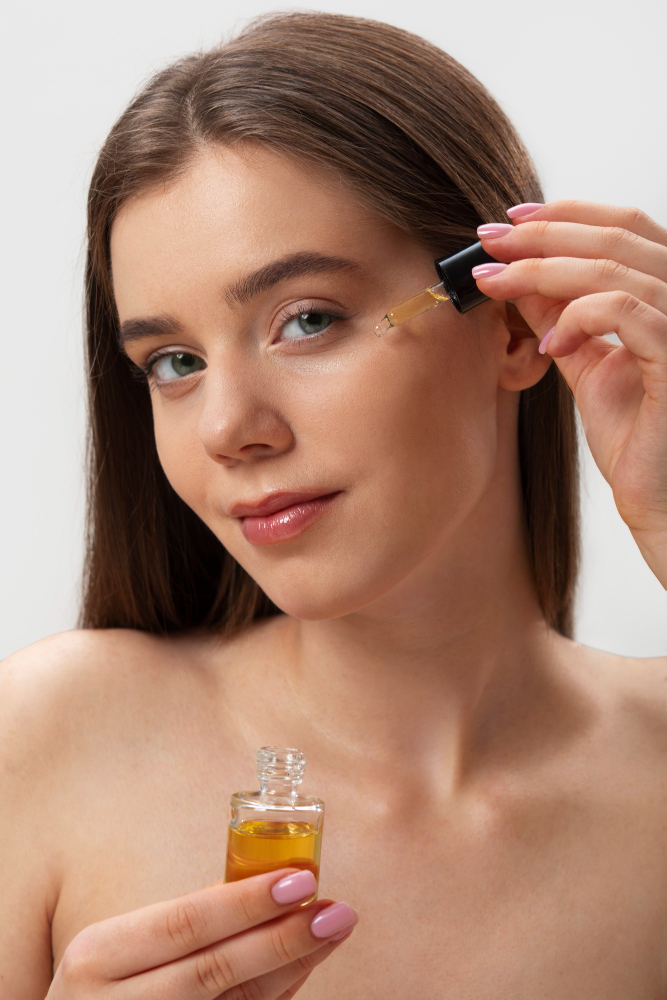
Bakuchiol also appeals to those who prefer plant-based and clean beauty formulations or those who are unable to use retinoids—such as individuals with reactive skin or expecting mothers. While it may not deliver results as quickly or dramatically as retinol, it offers a steady and soothing approach to anti-ageing, without compromising comfort.
Don't Miss: Here’s Why Koreans Don't Swear By Retinol
According to Pavneet, if you’re someone who can handle stronger actives, want faster results, and are looking to target deep wrinkles, acne, or significant pigmentation, retinol might be your best bet. But it comes with the responsibility of careful application, patience during the adjustment phase, and daily sun protection.
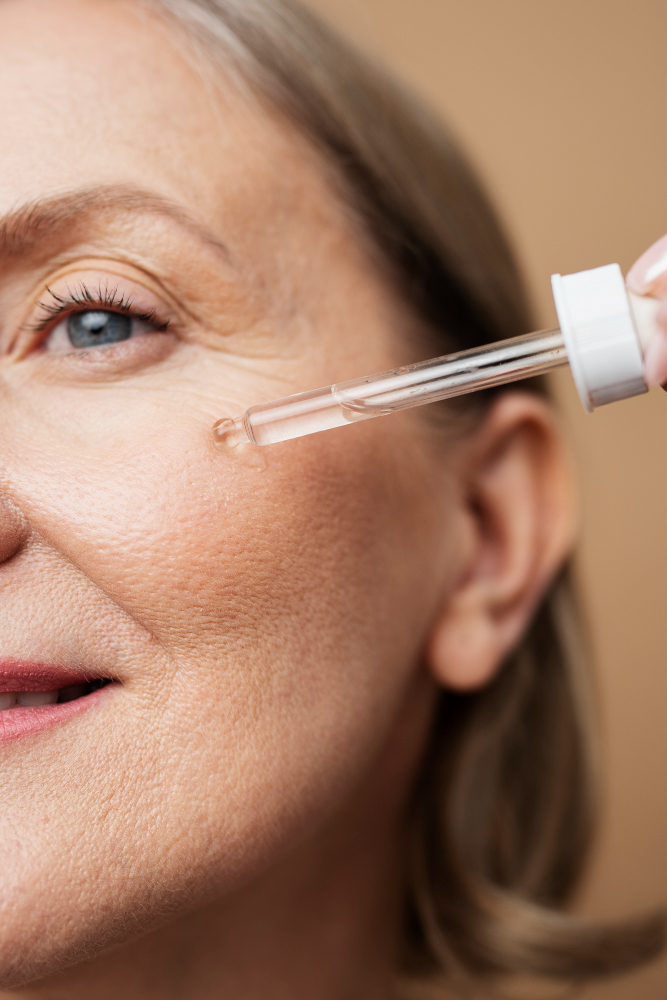
On the other hand, if your skin is sensitive, dry, or you simply prefer a more natural and gentle journey, bakuchiol is a worthy alternative. It allows you to build an anti-aging routine that is effective but free from irritation—making it ideal for those just starting out or those seeking a low-maintenance, yet mindful regimen.
Retinol and bakuchiol both offer impressive skin benefits, but the choice between the two isn’t about which is better—it’s about what’s better for you.
\Image Courtesy: Freepik
Also watch this video
Herzindagi video
Our aim is to provide accurate, safe and expert verified information through our articles and social media handles. The remedies, advice and tips mentioned here are for general information only. Please consult your expert before trying any kind of health, beauty, life hacks or astrology related tips. For any feedback or complaint, contact us at [email protected].